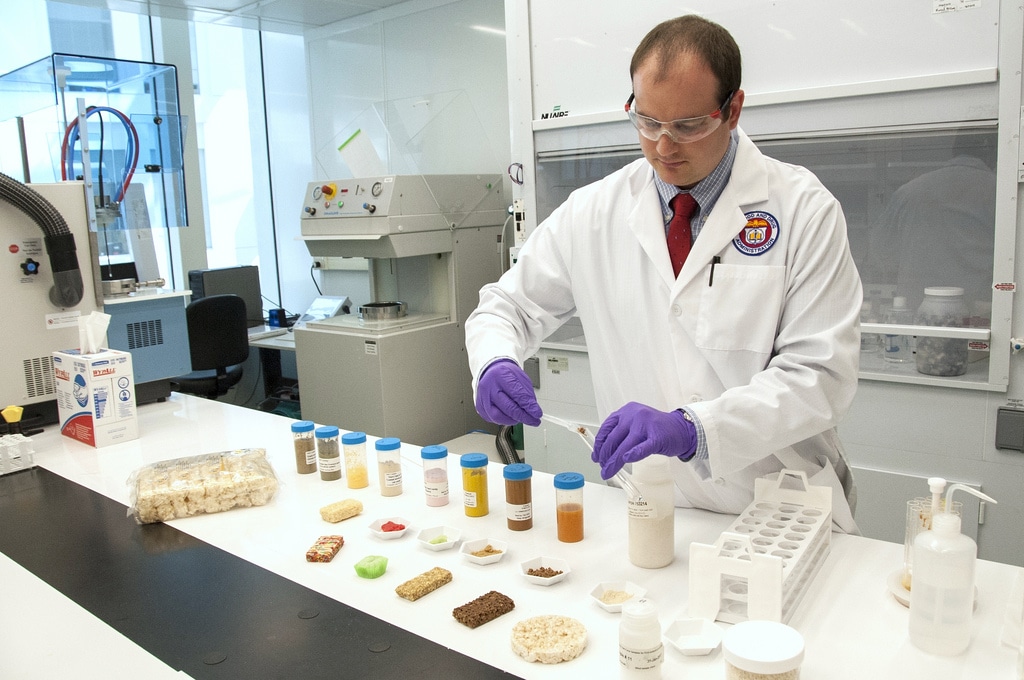People who eat a gluten-free diet may be at risk of dramatically increased exposure to arsenic and mercury – toxic metals that can lead to cardiovascular disease, cancer and neurological effects, say scientists from the University of Illinois (UIC).
Gluten-free products often contain rice flour as a substitute for wheat. Rice is known to bioaccumulate certain toxic metals, including arsenic and mercury from fertilizers, soil, or water, but little is known about the health effects of diets high in rice content.
So, Maria Argos, assistant professor of epidemiology in the UIC School of Public Health, and her colleagues looked at data from the National Health and Nutrition Examination Survey searching for a link between gluten-free diet and biomarkers of toxic metals in blood and urine.
They found 73 participants who reported eating a gluten-free diet among the 7,471 who completed the survey, between 2009 and 2014. Participants ranged in age from six to 80 years old.
People who reported eating gluten-free had higher concentrations of arsenic in their urine, and mercury in their blood, than those who did not. The arsenic levels were almost twice as high for people eating a gluten-free diet, and mercury levels were 70 percent higher.
“The arsenic levels were almost twice as high for people eating a gluten-free diet, and mercury levels were 70 percent higher”
“These results indicate that there could be unintended consequences of eating a gluten-free diet,” Argos said. “But until we perform the studies to determine if there are corresponding health consequences that could be related to higher levels of exposure to arsenic and mercury by eating gluten-free, more research is needed before we can determine whether this diet poses a significant health risk.”
“In Europe, there are regulations for food-based arsenic exposure, and perhaps that is something we here in the United States need to consider,” Argos said. “We regulate levels of arsenic in water, but if rice flour consumption increases the risk for exposure to arsenic, it would make sense to regulate the metal in foods as well.”
Picture: US FDA laboratory staff testing for arsenic in rice





